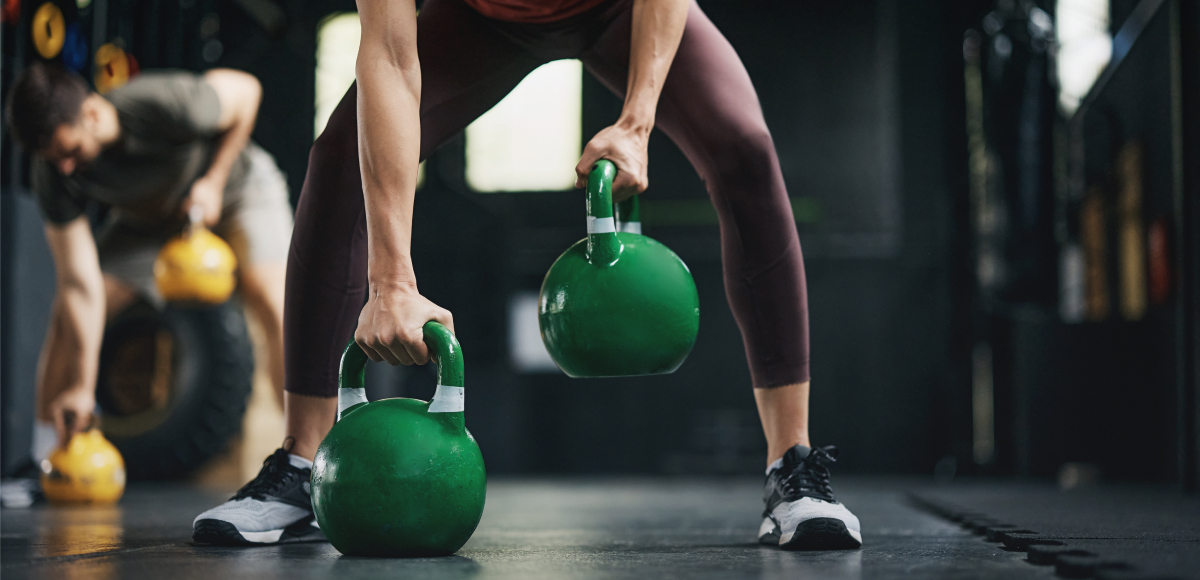Hydration is a fundamental aspect of maintaining optimal health and functionality. It is about more than just drinking water; it involves a delicate balance of various nutrients and minerals to ensure that our body’s cells can efficiently absorb and use the water we consume.
Here, we delve into the vital nutrients that play a role in keeping us hydrated.
Water
Unsurprisingly, water is the most critical component of hydration. It is the medium through which all cellular processes occur. Our bodies lose water daily through sweat, urination, breathing, and other metabolic processes. Thus, to stay hydrated, it’s essential to consume adequate amounts of water regularly. The exact amount varies based on individual factors like age, activity level, and climate.
Electrolytes
These are minerals with an electric charge, critical for various bodily functions, including maintaining hydration. Key electrolytes include:
Sodium: Sodium helps to retain water in the body and maintain proper muscle function. However, too much sodium can lead to dehydration because the body will excrete excess sodium, pulling water out with it.
Potassium: This mineral works in tandem with sodium to regulate water balance in our cells. It also plays a significant role in nerve function and muscle contractions.
Chloride: Often found in combination with sodium, chloride helps maintain the balance of fluids inside and outside of our cells.
Magnesium: Critical for muscle function and energy production, magnesium also impacts the balance of other electrolytes in the body.
Calcium: Beyond its role in bone health, calcium is vital for muscle function, nerve signaling, and blood clotting.
In Cronometer, you can easily check your electrolyte intake in your Nutrition Report or Gold subscribers can take advantage of our Electrolyte Nutrition Score.
Want more information on electrolytes? Read this blog.
Carbohydrates
While not often associated with hydration, carbohydrates play a role, especially during prolonged physical activity. When carbohydrates are combined with water and electrolytes, they can enhance water absorption in the intestines. This is one reason why sports drinks contain sugars—they help with hydration during intense or prolonged exercise.
Protein
That post-workout protein shake might be helping more than just supporting muscle development – adequate protein intake can help with hydration too, especially after physical activity. Some proteins act as transporters, helping move water and electrolytes into and out of cells. Consuming protein alongside water and electrolytes can aid in rehydration after exercise or in situations where dehydration might occur.
Vitamins
Certain vitamins, particularly the water-soluble ones like B-complex and vitamin C, play a role in hydration. They support enzyme reactions and other processes involved in the movement and balance of water within the body.
Tips for Optimal Hydration
- Drink Regularly: Don’t wait until you’re thirsty – this means you’re already dehydrated. Make a habit of sipping water throughout the day; usually after you pee or every 2-3 hours.
- Consume Electrolyte-Rich Foods: Bananas, sweet potatoes, spinach, and beans are just a few options. We’re also a fan of supplementing electrolytes with brands like LMNT and Halo Hydration.
- Limit Caffeine and Alcohol: Both can act as diuretics, leading to increased urine output and potential dehydration.
- Mind Your Climate: If you live in or are visiting a hot and humid or very dry area, you’ll likely need to consume more fluids.
- Listen to Your Body: Fatigue, dizziness, and dark yellow urine can be signs of dehydration.
In conclusion, while water is the cornerstone of hydration, it’s just one piece of a complex puzzle. To maintain proper hydration, it’s essential to consider a range of nutrients, from electrolytes to carbohydrates and even vitamins. Keeping these nutrients in balance ensures that your body remains hydrated, healthy, and functioning at its best.




